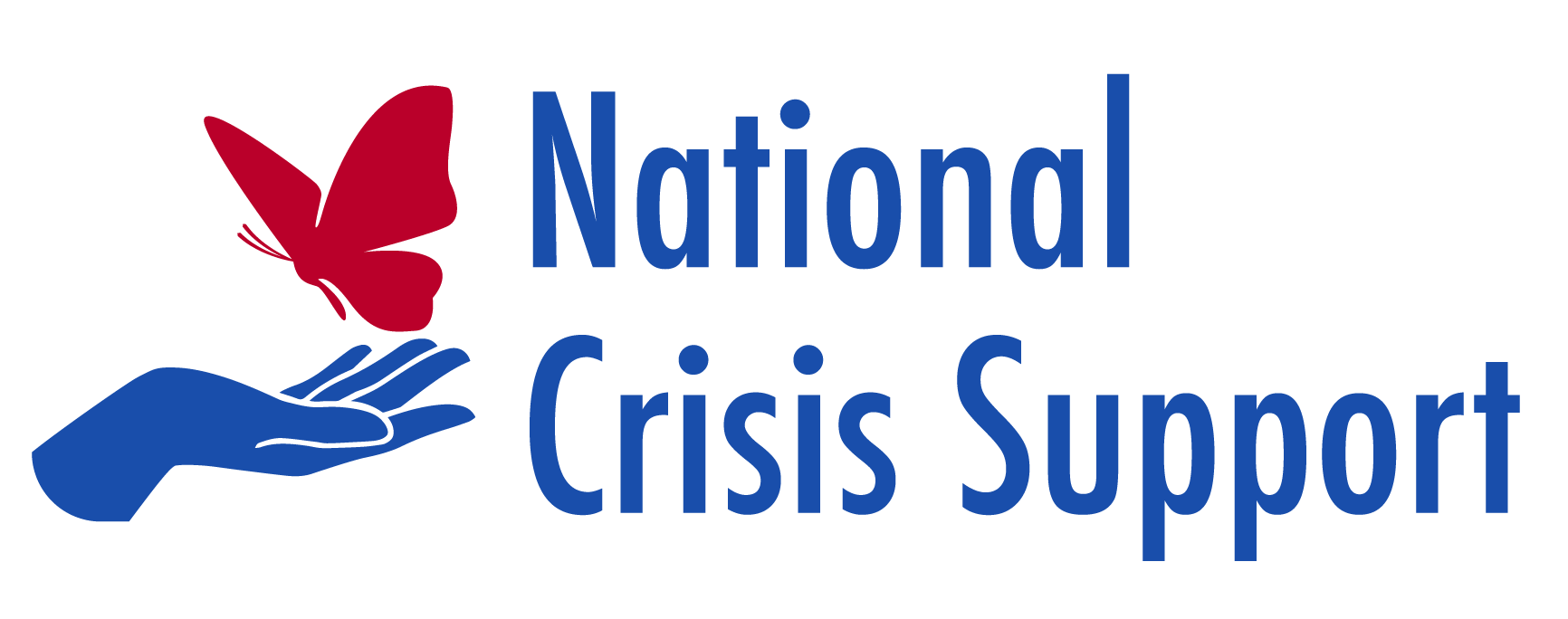Self – Harm
You are not alone!
Stigma creates shame and embarrassment, making it hard for people who self-harm to get help. So, look out for yourself and for your pals. Text Home to 741741
Crisis Text Line
The Crisis Text Line provides free, 24/7, high-quality text-based mental health support and crisis intervention by empowering a community of trained staff to support people in their moments of need.
Symptoms of Self-Harm
Stigma creates shame and embarrassment, making it hard for people who self-harm to get help. So, look out for yourself and for your pals. If you suspect that someone in your life is self-harming, here are some warning signs to keep top of mind:
- Scars
- Fresh cuts, burns, scratches, or bruises
- Rubbing an area excessively to create a burn
- Having sharp objects on hand
- Wearing long sleeves or long pants, even in hot weather
- Difficulties with interpersonal relationships
- Persistent questions about personal identity
- Behavioral and emotional instability, impulsiveness, or unpredictability
- Saying that they feel helpless, hopeless, or worthless
Crisis Text Line can help you deal with self-harm. Text a Crisis Counselor at 741741.
How to Deal With Self-Harm
Emotions can be really painful sometimes. It’s totally normal to need ways to cope with and process the hard things in your life. If you are using self-harm to manage your emotions, we’re here for you. And, we want to help keep you safe.
Here are some ways to push through, process, and cope with your emotions.
- Text to cool down. If you’re dealing with painful emotions, we’re here to help. Shoot us a text to connect with a real human and strategize healthy coping mechanisms to manage your emotions. Text HOME to 741741 to connect with a real human.
- Get creative. Studies show that diving into making art can help people process emotions. So, next time you’re feeling like self-harming, grab your sharpie and doodle your worries away. A bonus: you can totally suck at it and still reap the same rewards.
- Find your zen. Keeping yourself safe from self-harming is all about finding healthy alternatives to work through the hard stuff. Researchers found taking time to re-center through meditation to be a powerful way to find your cool and calm. Try using an app like Headspace to get on the meditation bandwagon.
- Talk to a pro. Self-harm is serious. And, while the intention behind self-harm usually is not death, it can still be dangerous—both physically and emotionally. Talking to someone who can help you find alternatives is incredibly important. Of course, you can start by texting us. Also, consider telling someone you know who can help you connect with a professional.
Recovering from Self-Harm
A lot of people who self-harm do so because they are dealing with painful emotions. If this applies to you, hi—we believe in you and recognize your pain. Because painful emotions are at the root of self-harm, quite often recovering from self-harm involves addressing emotions.
Breaking away from the cycle of self-harm can feel like a huge climb. It involves breaking a habit that has once brought comfort from pain. But, it is not impossible. Here are some steps to set you up for success:
- Name your reason for hurting yourself and your reason for quitting. Ask yourself: “What do I feel before, during, and after self-injury? Which of those emotions do I actively seek out, and which are harmful?”
- Identify other ways of achieving the same result. For example, if you self-harm for the physical sensation, seek other ways of releasing endorphins, like exercise. For real, try throwing a few punches at a kickboxing class or tapping it back in a spin class with the *perfect* playlist. If you self-harm to express your emotions, practice expressing them in words by writing them down. Grab a pen and your favorite notebook, or start typing away in your notes app.
- Tackle the underlying emotions. Explore the feelings that lead you to want to hurt yourself. If it’s guilt, where is that guilt coming from? Maybe try finding a therapist—there are pros trained specifically to help with this.
- Tell someone you trust. Let a friend, family member, or trusted adult know what you’re going through and that you need their support. Opening up to people can be easier said than done. Here’s a place to start: “I’m having a hard time processing some painful emotions and I could use your support right now.”
Getting healthy—both in your brain and in your body—takes hard work. You got this. And, we believe in you.
Text a Crisis Counselor at 741471 or use the mobile click to text button below. You’re not alone.
Pass 741741 On To A Friend
You never know who might need Crisis Text Line. Pass it on and tell the people in your life to text HOME to 741741 if they’re ever in crisis.
Get in Touch!
Have a question? Concern? Request? We’d love to hear from you.
Fill out this short form and a member of our team will get back to you.
